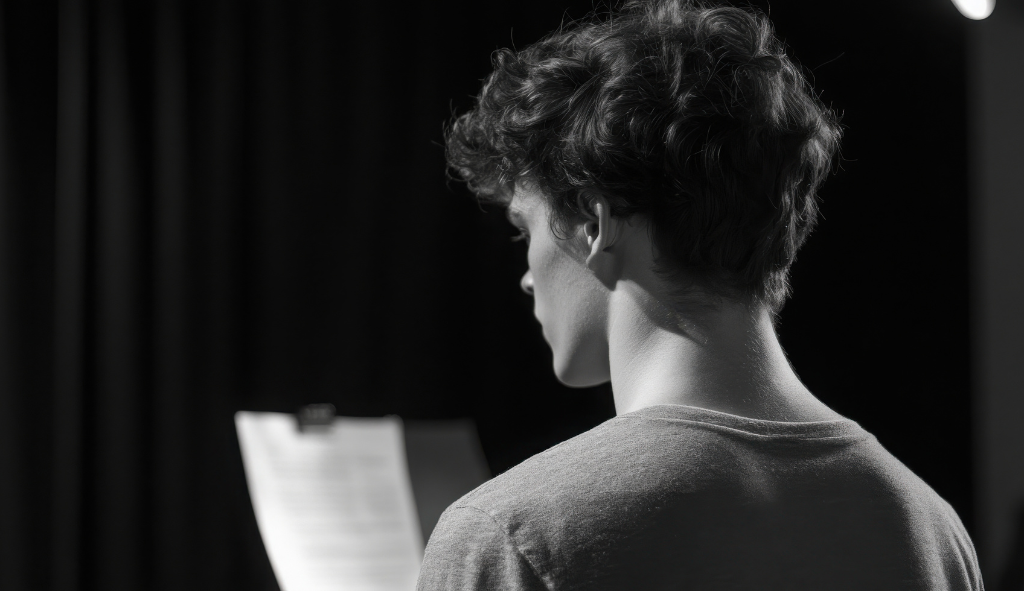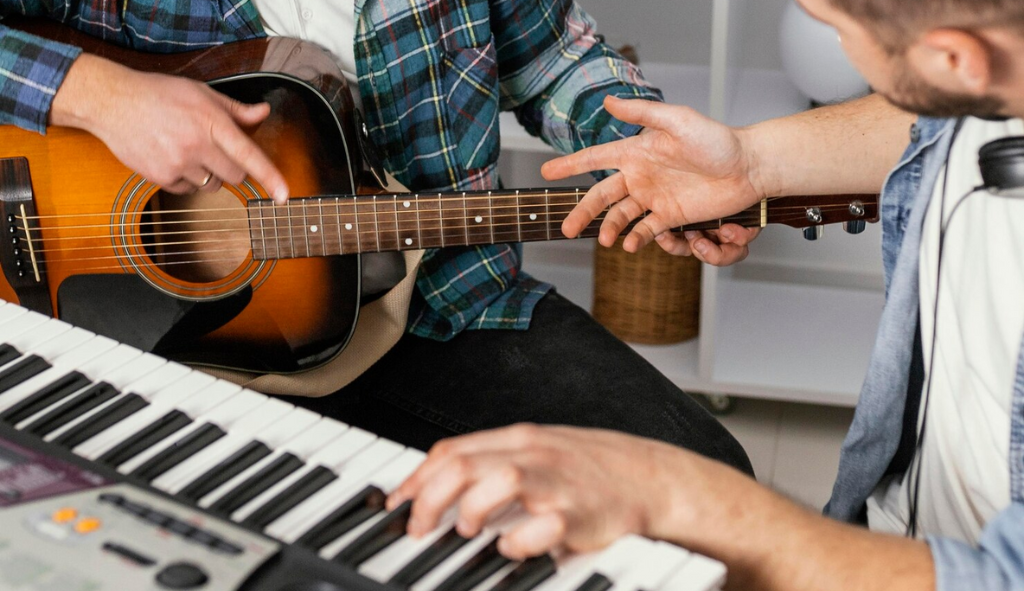A DJ (disc jockey) is a person who curates and plays a mix of music tracks from recorded source files. Earlier, the sources were vinyl disc records or cassettes on boomers. However, we now have CDs and digital audio, which makes mixing easier and vibrant.
DJs play music at a variety of places that require live music, such as parties, festivals, weddings, bars, nightclubs, live concerts, and raves. People also call DJs turntablists, deejays, and nightclub DJs. Many beginners often search for DJ courses near me to find professional training and hands-on practice to kickstart their DJ career.
Checklist to know before becoming a DJ
1. How long is the DJ learning course?
Each course is different and is totally dependent on the individual and his or her learning pace and ability to grasp the skills.
2. What are the other means of income apart from performing or mixing tracks?
DJs can make money from writing, creating, and releasing their own music tracks, doing merchandise sales, sync licensing, and streaming royalties.
3. Is it a full-time job?
Most individuals involved in DJing, Chennai start their career part-time. After they get handy, become an established DJ, and earn market-average pay, they choose to be a full-time DJ.
4. How to charge clients?
DJs charge clients based on various aspects, including whether or not the venue is a metro city, the number of performance hours, the level of practice, and the complexity of the music tracks requested.
5. What are the skills required to become a DJ?
Technical skills include beat-matching, phrase-matching, scratching, mixing, and extra effects. Non-technical skills include stage presence and networking.
Professional DJ course or training in Keelkattalai, Chennai
Joining a professional course aims to make you learn the DJing skill from the basics. Moreover, it will be a step-by-step approach that helps with structured learning.
Step 1: Teach musical knowledge
Experts from a music production house or a music school teach the basics of music, including theory and rhythm.
Step 2: Give hands-on training
An established DJ then comes into the picture and provides hands-on training because knowing every DJ equipment (controllers, mixers, turntables, and headphones) and software (Serato, Traktor, or Rekordbox) in DJ training classes is important to create a unique DJ track for yourself.
Step 3: Teach the different DJ skills
Now the actual training begins, wherein you learn the different skills associated with DJing—mixing, beat matching, phrasing, transitioning, and scratching.
Step 4: Help build a collection
Ensuring project-based assessment for the turntablism training provided is crucial, and not every centre offers them. In fact, only a very few DJ courses in Chennai help DJ trainees take their classes seriously and make them work hands-on on DJ sets and tracks. Roshan Academy of Fine Arts is one such training centre with a structured curriculum for DJ training.
Step 5: Networking and collaborations
Collaborating with established DJs, practising with them, and networking help you perform at free or paid events. These are nothing but practice sessions that allow you to gain experience creating different mixes for different genres, targeting different sets of audiences.


